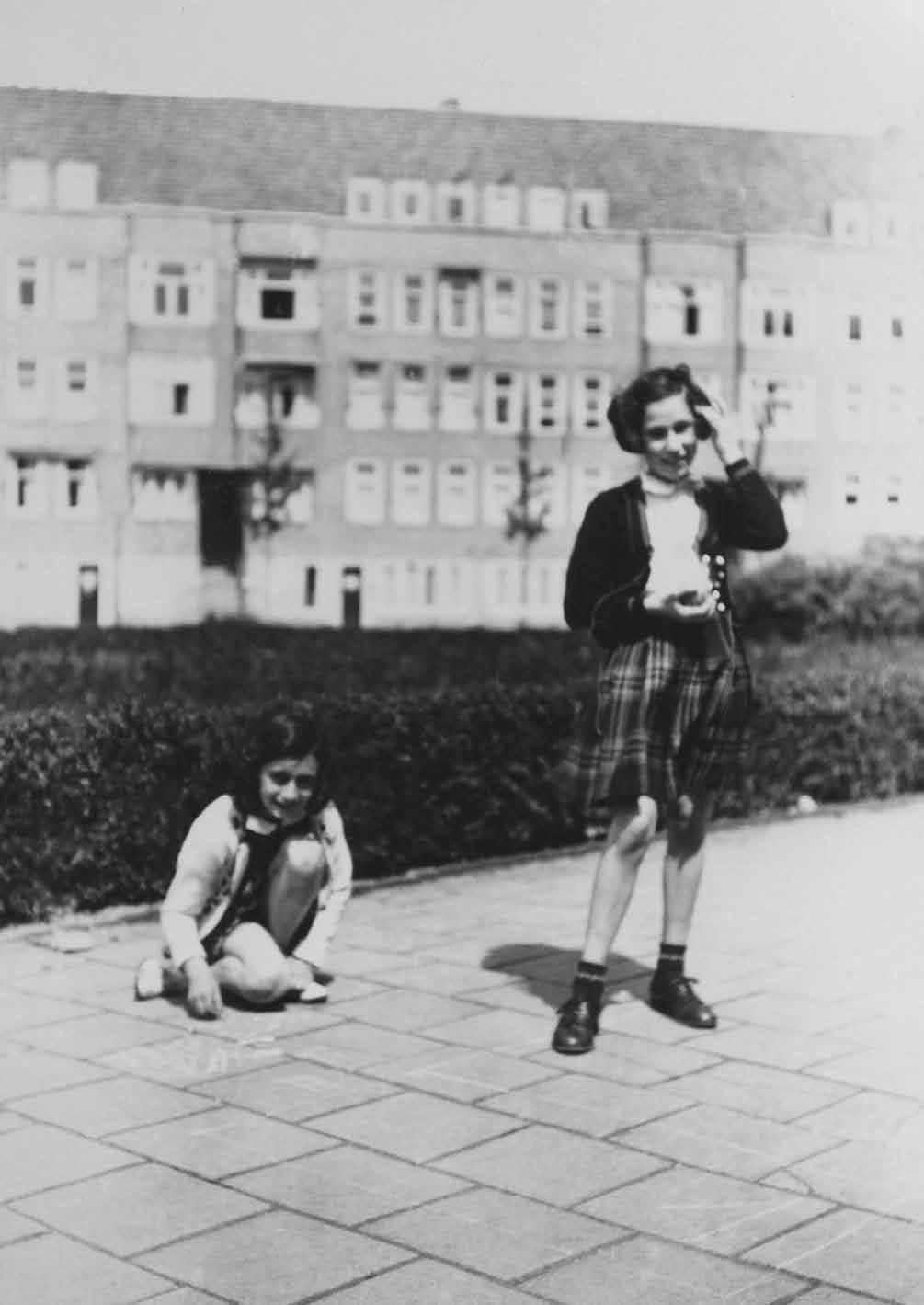
When I was four, I had just arrived in Amsterdam with my parents, escaping Berlin after Hitler came to power and fired my father, a deputy cabinet member in the Prussian government during the Weimar Republic. One day, not long after our arrival, I walked hand in hand with my mother to a local grocery. There, my mother noticed another woman talking in German to her dark-eyed daughter, who was about my age. The two mothers spoke briefly to one another, smiling, clearly relieved to find some familiarity in this foreign place.
I was a shy child and I clung to my mother’s leg, unused to other children but curious about the little girl looking back at me.
She was to be my very first friend. A childhood playmate, neighbour and school friend. Our families became close as they navigated life as refugees in a new city, sharing their fears as the war, occupation and all that would mean for us moved inexorably closer.
That little girl, so full of life, would become the most famous victim of the Holocaust. A symbol, in many ways, of all the hope and promise that was lost to hatred and murder. Talking about her story, our story, would later become a thread that bound me to her and kept our friendship alive long after she was gone. But from when we first met to when she abruptly disappeared from my life, not long before my 14th birthday, to reappear fleetingly in the strangest and most tragic of ways, she was simply my friend, Anne Frank.
I was shy on a good day, but setting off for my first day of nursery school at the 6th Montessori School on Niersstraat, was positively petrified. I spotted a girl with glossy dark hair that was almost black. I couldn’t see her face as her back was turned towards me. She was playing on a set of silver bells. In that moment, she turned around and looked at me. In a flash, we recognised one another. It was the girl from the corner grocery store!
This story is from the July 2023 edition of Australian Women’s Weekly NZ.
Start your 7-day Magzter GOLD free trial to access thousands of curated premium stories, and 9,000+ magazines and newspapers.
Already a subscriber ? Sign In
This story is from the July 2023 edition of Australian Women’s Weekly NZ.
Start your 7-day Magzter GOLD free trial to access thousands of curated premium stories, and 9,000+ magazines and newspapers.
Already a subscriber? Sign In

PRETTY WOMAN
Dial up the joy with a mood-boosting self-care session done in the privacy of your own home. It’s a blissful way to banish the winter blues.
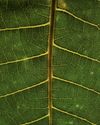
Hitting a nerve
Regulating the vagus nerve with its links to depression, anxiety, arthritis and diabetes could aid physical and mental wellbeing.

The unseen Rovals
Candid, behind the scenes and neverbefore-seen images of the royal family have been released for a new exhibition.
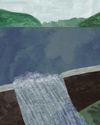
Great read
In novels and life - there's power in the words left unsaid.
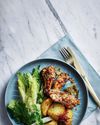
Winter dinner winners
Looking for some thrifty inspiration for weeknight dinners? Try our tasty line-up of budget-concious recipes that are bound to please everyone at the table.
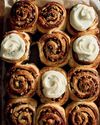
Winter baking with apples and pears
Celebrate the season of apples and pears with these sweet bakes that will keep the cold weather blues away.
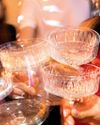
The wines and lines mums
Once only associated with glamorous A-listers, cocaine is now prevalent with the soccer-mum set - as likely to be imbibed at a school fundraiser as a nightclub. The Weekly looks inside this illegal, addictive, rising trend.
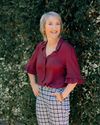
Former ballerina'sBATTLE with BODY IMAGE
Auckland author Sacha Jones reveals how dancing led her to develop an eating disorder and why she's now on a mission to educate other women.

MEET RUSSIA'S BRAVEST WOMEN
When Alexei Navalny died in a brutal Arctic prison, Vladimir Putin thought he had triumphed over his most formidable opponent. Until three courageous women - Alexei's mother, wife and daughter - took up his fight for freedom.
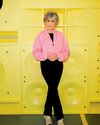
IT'S NEVER TOO LATE TO START
Responsible for keeping the likes of Jane Fonda and Jamie Lee Curtis in shape, Malin Svensson is on a mission to motivate those in midlife to move more.